Carson Chittom rated The January Dancer: 4 stars
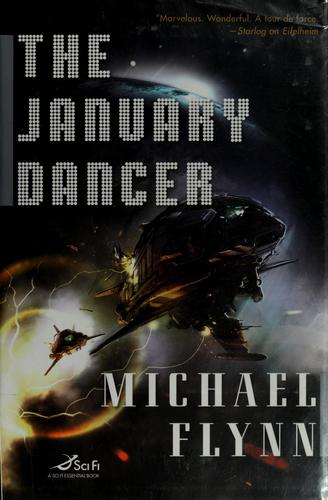
I have very specific, if subjective, meanings for book ratings.
⭐: I did not finish this, or wouldn't start it. ⭐⭐: I finished this, but I sort of regret it. ⭐⭐⭐: I don't regret finishing this, but I'll probably never read it again. ⭐⭐⭐⭐: It's likely I will reread this. ⭐⭐⭐⭐⭐: I want to own this to read whenever the mood strikes, because I'll definitely reread it.
This link opens in a pop-up window

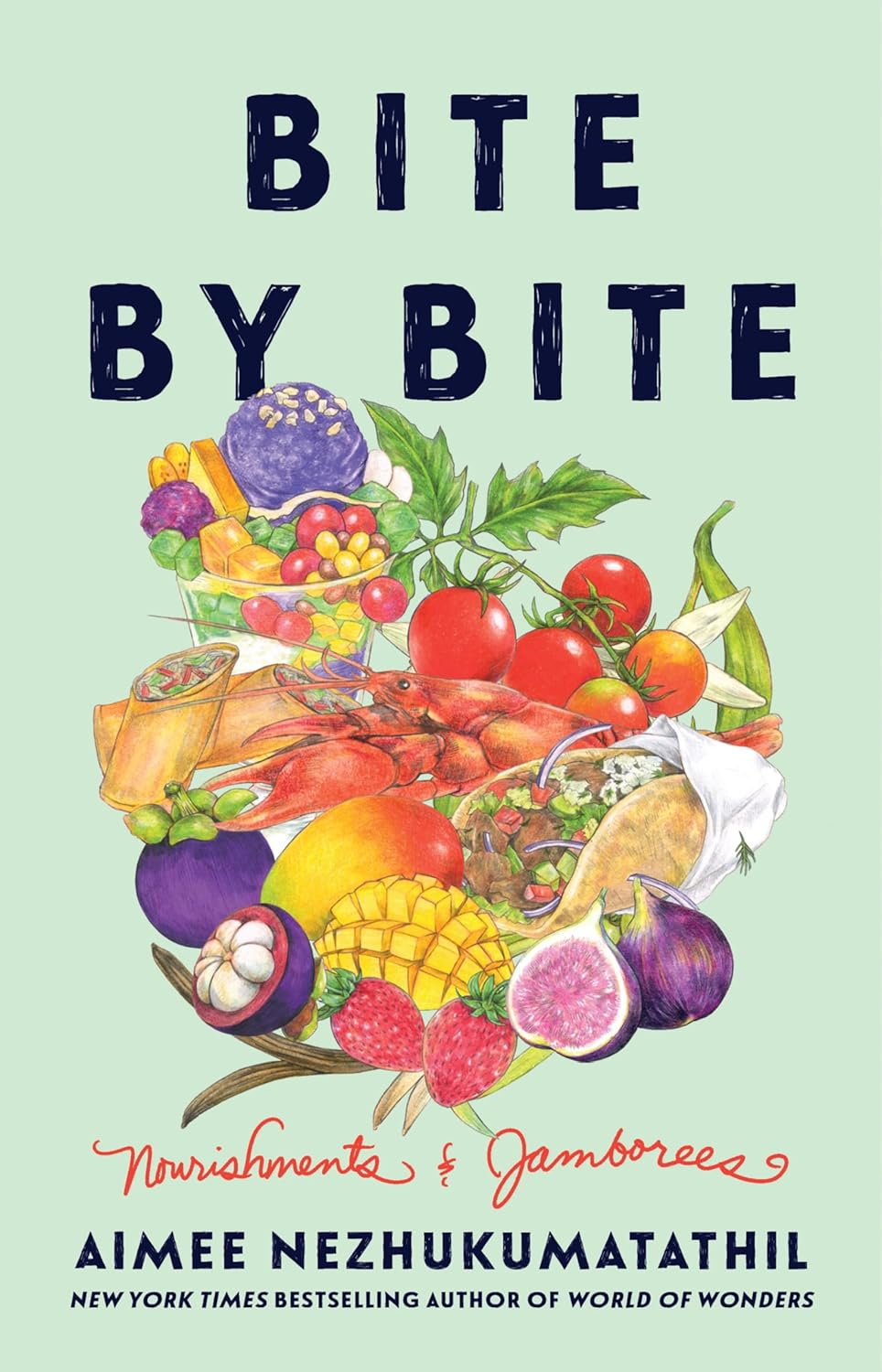
In Bite by Bite, poet and essayist Aimee Nezhukumatathil explores the way food and drink evoke our associations and …
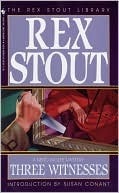
From Wikipedia: Three Witnesses is a collection of Nero Wolfe mystery novellas by Rex Stout, published by the Viking Press …
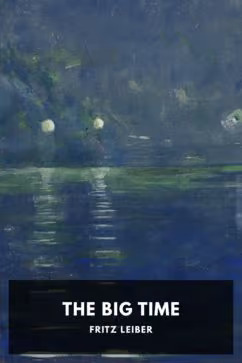
The Big Time tells the tale of a group of servicemembers who work in facilities isolated from regular space-time. They’re …
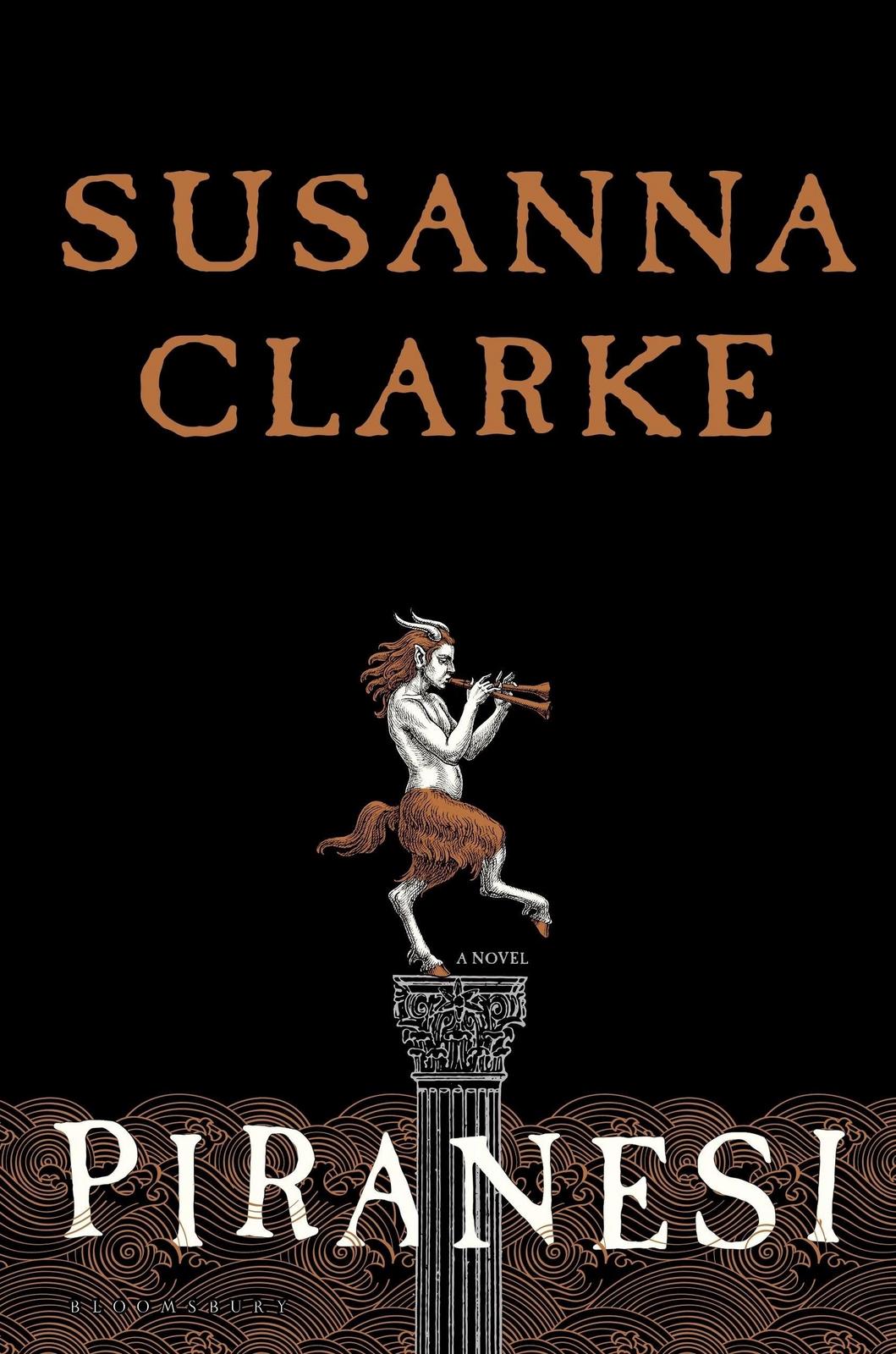
Piranesi’s house is no ordinary building: its rooms are infinite, its corridors endless, its walls are lined with thousands upon …
You can absolutely tell that this book was published in 1938. It is not one of Stout's best.
Part of Stout's aim here was undoubtedly to highlight for his readers the way racial prejudice operated in the American South in the late 1930s. Despite this good intention, I don't feel like those sections really stand up very well in terms of story. (Having a luxury spa in 30s West Virginia seems a little forced, for starters.)
Stout's characterization of the victim's wife is straight out of femme fatale noir.
For those who wish to totally avoid racial slurs: this book does contain them. They are to the best of my recollection "appropriately" used—I mean the characters who use them would use them—and Nero Wolfe does not.
Still, in my opinion even "not the best" Nero Wolfe stories are worth reading. But maybe just move on to the next one when …
You can absolutely tell that this book was published in 1938. It is not one of Stout's best.
Part of Stout's aim here was undoubtedly to highlight for his readers the way racial prejudice operated in the American South in the late 1930s. Despite this good intention, I don't feel like those sections really stand up very well in terms of story. (Having a luxury spa in 30s West Virginia seems a little forced, for starters.)
Stout's characterization of the victim's wife is straight out of femme fatale noir.
For those who wish to totally avoid racial slurs: this book does contain them. They are to the best of my recollection "appropriately" used—I mean the characters who use them would use them—and Nero Wolfe does not.
Still, in my opinion even "not the best" Nero Wolfe stories are worth reading. But maybe just move on to the next one when you're done.
The main female character, Helen Frost, says in answer to a question from Nero Wolfe that she'll "be twenty-one in May." Given that this was published in 1937, that would make her just over 108 now, if she were a real person.
Lyorn is the seventeenth and latest of Steven Brust’s fantasy novels about Vlad Taltos and his world of Dragaera. I’m not sure quite when I first read Jhereg, the first in the series, but judging by my memories of which library I checked it out from and the room I read it in, it must have been 1992 or 1993. Over the years I’ve read all the other novels (including another Dragaera series not featuring Vlad), many of them over and over again. They are books I keep repeatedly coming to, because I enjoy them and they reward rereading. I was never not going to read Lyorn.
Well, I’ve read it now. It was okay. These are just some initial thoughts which I haven’t thought about deeply.
I didn’t feel like the setting worked particularly well; it seemed forced like it had been “oh here’s a neat idea” …
Lyorn is the seventeenth and latest of Steven Brust’s fantasy novels about Vlad Taltos and his world of Dragaera. I’m not sure quite when I first read Jhereg, the first in the series, but judging by my memories of which library I checked it out from and the room I read it in, it must have been 1992 or 1993. Over the years I’ve read all the other novels (including another Dragaera series not featuring Vlad), many of them over and over again. They are books I keep repeatedly coming to, because I enjoy them and they reward rereading. I was never not going to read Lyorn.
Well, I’ve read it now. It was okay. These are just some initial thoughts which I haven’t thought about deeply.
I didn’t feel like the setting worked particularly well; it seemed forced like it had been “oh here’s a neat idea” that Brust then was stuck with after it’d worn out its welcome. The epigraphs (generally a Brustian strength!), clearly allusions to various songs from musicals in this case, were too long; and I found them boring: if they had points beyond the joke of filking real songs, I missed it, because after the first couple, I skipped them. In addition, several characters’ appearances seemed shoehorned in for no particular reason, or rather simply to check the box.
I did like some things: it was nice to see more of Deregar—and thereby to deepen Kragar’s character—and to be introduced to Nikka. The essential coldness of the Jhereg, both Left and Right Hands, as they pursue their goals, was absolutely on point: it gave them a more realistic presence. Vlad seemed less witty, but more honest, to himself and his interlocutors. The setup at the end gives me hope for the next book (there are supposed to be two more, I think).
If I were somehow reading this in a vacuum, I'd probably give it three stars ("fine, won't reread") but realistically and honestly, I'm going to reread it the next time I read the series, so it gets four.
Definitely not one to start the series on.
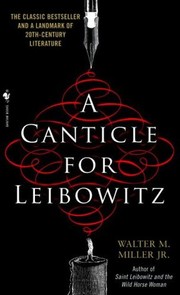
Highly unusual After the Holocaust novel. In the far future, 20th century texts are preserved in a monastery, as "sacred …
This was technically a reread for me, but the last time I read it, the century had not yet turned—and in any case, I remembered nothing about it, other than something about a cave.
The Tombs of Atuan is quite good, but I see why it is, perhaps, less popular than some of Le Guin’s other works. It’s a sequel to A Wizard of Earthsea, but where Earthsea is practically a fairy tale in tone, stylized and sonorous (which is an endorsement, not a criticism, by the way), Atuan is more directly a “fantasy novel.” It is not, however, a comforting one, not one where all the pieces fall together nicely, everybody’s problem is solved, the main characters fall in love, and so forth.
It is a story of beginnings, I think: first of the protagonist’s life as Arha, and then, the re-beginning—or perhaps better said, the resumption of …
This was technically a reread for me, but the last time I read it, the century had not yet turned—and in any case, I remembered nothing about it, other than something about a cave.
The Tombs of Atuan is quite good, but I see why it is, perhaps, less popular than some of Le Guin’s other works. It’s a sequel to A Wizard of Earthsea, but where Earthsea is practically a fairy tale in tone, stylized and sonorous (which is an endorsement, not a criticism, by the way), Atuan is more directly a “fantasy novel.” It is not, however, a comforting one, not one where all the pieces fall together nicely, everybody’s problem is solved, the main characters fall in love, and so forth.
It is a story of beginnings, I think: first of the protagonist’s life as Arha, and then, the re-beginning—or perhaps better said, the resumption of the beginning—of it as Tenar. The quest which is completed, for the Ring of Erreth-Akbe, is Ged’s quest, not Tenar’s; and as such is mentioned only in passing, only enough as needed to satisfy plotting, since this is her story, not Ged’s. She escapes: with his help, she sees through the lies and shackles laid upon her as Arha, and so she sails with Ged to his own lands, where he has promised he will make a place for her, first, temporarily, with the “princes and rich lords” and eventually, more permanently, with his own master and teacher, the wise mage Ogion, none of whom she has ever known. The book ends as they have sailed into the harbor with the Ring, whose magic promises peace and order:
Tenar sat in the stern, erect, in her ragged cloak of black. She looked at the ring about her wrist, then at the crowded, many-colored shore and the palaces and the high towers. She lifted up her right hand, and sunlight flashed on the silver of the ring. A cheer went up, faint and joyous on the wind, over the restless water. Ged brought the boat in. A hundred hands reached to catch the rope he flung up to the mooring. He leapt up onto the pier and turned, holding out his hand to her. ‘Come!’ he said smiling, and she rose, and came. Gravely she walked beside him up the white streets of Havnor, holding his hand, like a child coming home.
She may be like a child coming home, in the sense that, having begun her new reassumed life, she must trust him, and he leads her, but the irony is that however much like that child she may be, she cannot go home, for at this point in the story she has no home. Nor do any of those purportedly “joyous” actually know her; they only see what the ring she wears represents. All that she had is gone, and even Ogion’s wisdom is only a promise for the future. For her, however gravely (and bravely) she faces it, there is no indication here of what happens next—her quest has just begun.
Compare it to the ending of A Wizard of Earthsea, where Ged, having sought and defeated the “shadow” with the help of his friend Estarriol, returns to the latter’s home island, where his sister waits for them.
[T]he voyage to Iffish was not long. They came in to Ismay harbor on a still, dark evening before snow. They tied up the boat Lookfar that had borne them to the coasts of death’s kingdom and back, and went up through the narrow streets to the wizard’s house. Their hearts were very light as they entered into the firelight and warmth under that roof; and Yarrow ran to meet them, crying with joy.
This is the end of the arc, not the beginning. It’s a quieter but more real homecoming, to hearth and family and the promise of belonging. The contrast to the end of Tenar’s story could not be more striking. She has only possibility, and hope.
Besides what I’ve noted above, there is another aspect to the book’s realism, too, which Le Guin herself notes in the afterward in the edition I have.
Some people have read the story as supporting the idea that a woman needs a man in order to do anything at all (some nodded approvingly, others growled and hissed). Certainly Arha/Tenar would better satisfy feminist idealists if she did everything all by herself. But the truth as I saw it, and as I established it in the novel, was that she couldn't. My imagination wouldn't provide a scenario where she could, because my heart told me incontrovertibly that neither gender could go far without the other. So, in my story, neither the woman nor the man can get free without the other…. Each has to ask for the other's help and learn to trust and depend on the other. A large lesson, a new knowledge for both these strong, willful, lonely souls.
Not really in line with the sort of individualistic ethos which held sway when Le Guin was writing, and still holds most of society in its grip today.
All of which is a long-winded way of saying, my point is that The Tombs of Atuan disappoints, potentially, both those who loved A Wizard of Earthsea and wanted more, not something different, as well as those—though surely the groups aren’t mutually exclusive—who want escapism, not realism, out of their fantasy. (Not that Earthsea is escapist in that sense either.) But even if those describe you, I still think you should read Atuan. Just know what you’re getting into.